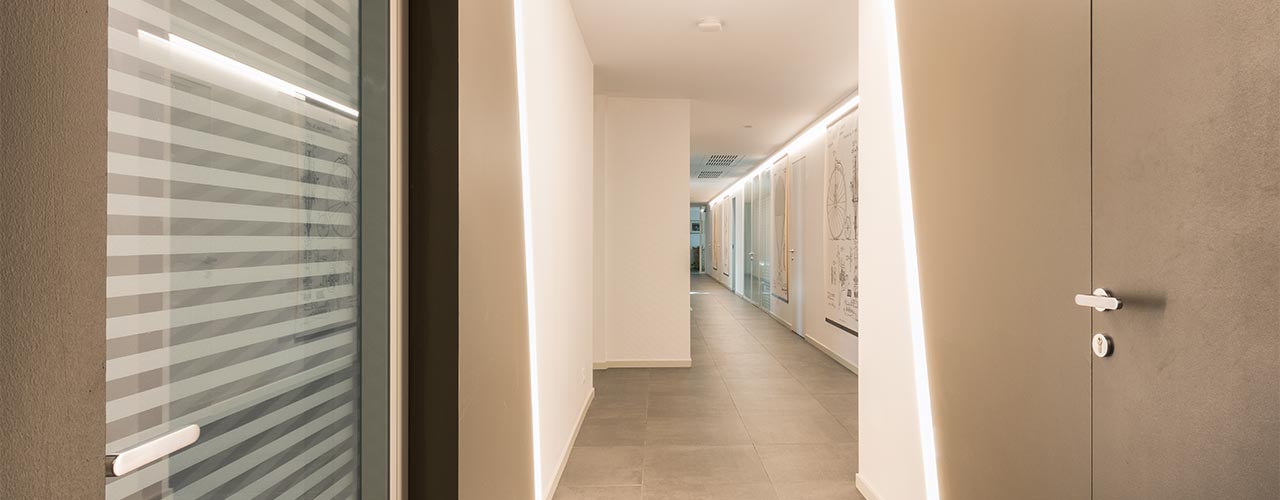The Enlarged Board of Appeal of the European Patent Office issued decision G 4/19 (Double patenting) today, in which it held that a European patent application can be refused by reason of the prohibition on double patenting.
Background
The Enlarged Board of Appeal is the highest judicial authority under the European Patent Convention (EPC). Its main task is to ensure the uniform application of the EPC.
The principle of the prohibition on double patenting excludes two patents being granted to the same applicant for one invention. The examining division applied this principle and refused European patent application 10718590.2 under Articles 97(2) and 125 EPC on the ground that the applicant already had a patent for the same invention.
The applicant appealed and Technical Board of Appeal 3.3.01 referred three questions on the prohibition on double patenting to the Enlarged Board of Appeal (T 318/14, OJ EPO 2020, A104). The referring board doubted that there was a legal basis for the prohibition in the EPC. In particular, the referring board did not consider Article 125 EPC suitable for that purpose.
Article 125 EPC provides:
Reference to general principles
In the absence of procedural provisions in this Convention, the European Patent Office shall take into account the principles of procedural law generally recognised in the Contracting States.
Key considerations
The Enlarged Board of Appeal interpreted Article 125 EPC in line with the principles set out in Articles 31 and 32 of the Vienna Convention on the Law of Treaties. It applied the grammatical and systematic interpretation methods and took the preparatory works of the EPC (travaux préparatoires) into account as a supplementary means of interpretation.
The Enlarged Board of Appeal held that the term "procedural provisions" in Article 125 EPC may extend to provisions requiring a substantive examination of the subject-matter claimed. It stated that the prohibition on double patenting constitutes a principle of procedural law within the meaning of Article 125 EPC and is generally recognised in the Contracting States.
The Enlarged Board further held that the prohibition on double patenting is not limited to applications directed to the same subject-matter which were filed on the same day. It also extends to parent and divisional applications, and to applications claiming the same priority. The Enlarged Board also confirmed that the prohibition only applies where the application under examination and the patent already granted have common designated Contracting States.
The Enlarged Board of Appeal answered the referred questions as follows:
1. A European patent application can be refused under Articles 97(2) and 125 EPC if it claims the same subject-matter as a European patent which has been granted to the same applicant and does not form part of the state of the art pursuant to Article 54(2) and (3) EPC.
2.1 The application can be refused on that legal basis, irrespective of whether it
a) was filed on the same date as, or
b) is an earlier application or a divisional application (Article 76(1) EPC) in respect of, or
c) claims the same priority (Article 88 EPC) as
the European patent application leading to the European patent already granted.
2.2 In view of the answer to Question 2.1 a separate answer is not required.


